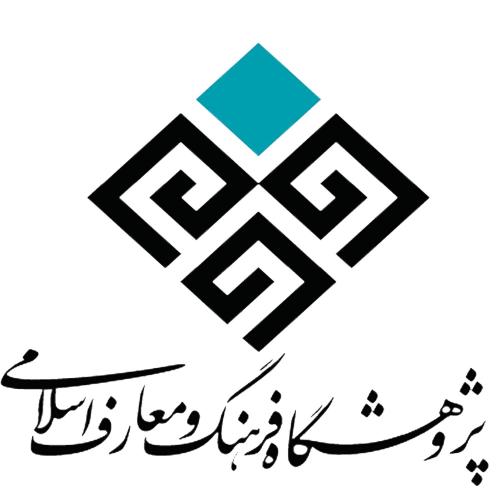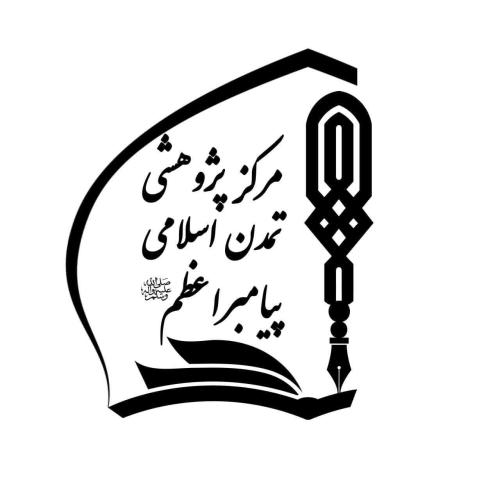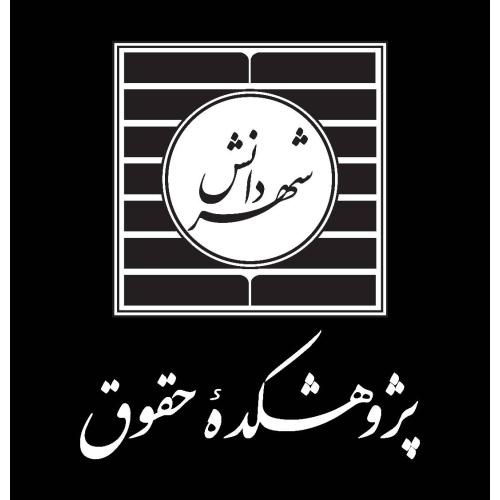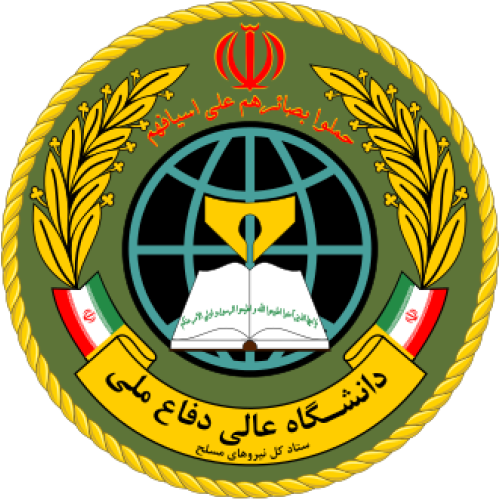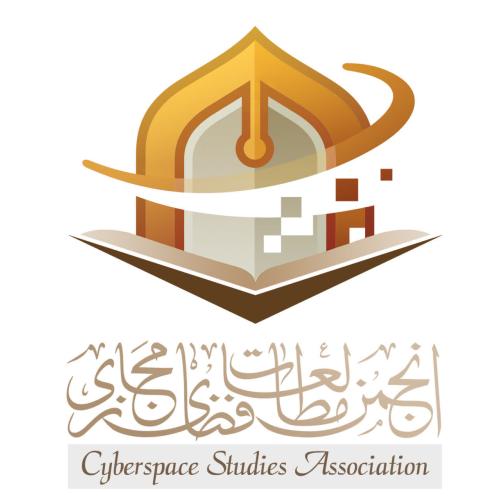-
1. مفهوم، مبانی و چارچوبهای حقوق ملت و آزادیهای مشروع در نظام جمهوری اسلامی ایران و مقایسه آن با سایر نظامهای حقوقی
-
2. سازکارها و الزامات تأمین و تضمین حقوق ملت و آزادیهای مشروع
-
3. دستاوردهای نظام جمهوری اسلامی ایران در زمینه حقوق ملت و آزادیهای مشروع
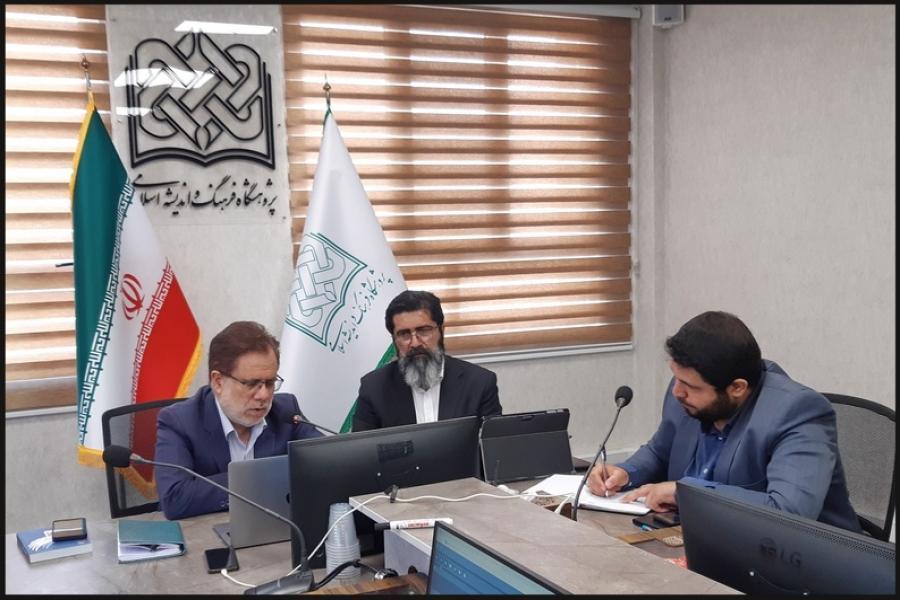
In remarks last week, Dr. Mahmoud Hekmatnia argued that academic freedom should primarily facilitate problem-solving and reasoned discourse, rather than fostering discord.
He advocated for establishing clear behavioral guidelines and professional protections to encourage robust engagement from professors and students in sensitive university discussions.
Turning to social freedom of expression, Hekmatnia cautioned against leniency towards speech involving insults or defamation, particularly when individual rights are at stake.
Simultaneously, he noted that governments should adopt a respectful and patient approach, operating within legal boundaries, when addressing public expressions of freedom.
Dr. Hekmatnia further elucidated the difference between "freedom of expression" and "academic freedom." He explained that the "free-thinking forums" frequently emphasized by the Supreme Leader align more closely with the concept of scientific and academic freedom than with general freedom of expression.
Academic freedom, he clarified, is bound by professional responsibilities and the institutional frameworks of universities and does not necessarily perfectly align with social freedoms.
He pointed out that discourse acceptable within a university setting could have distinct social repercussions if voiced publicly.
Addressing the intersection of free speech and ethics, Dr. Hekmatnia acknowledged that expecting complete ethical adherence at all levels of expression might be unrealistic. However, he posited that the boundary between freedom and ethics should be approached not as a danger but as an inherent challenge to be institutionalized, emphasizing the need to consider legal standards, the scope of discretionary punishments, and judicial frameworks.
Referring to international norms, the academic and seminary instructor noted that in many countries, journalists who disclose confidential information for a higher public good are often protected. Conversely, he pointed out that topics widely considered inflammatory, such as certain sexual matters, are typically excluded from the purview of free expression.
Highlighting the variance between communication methods, Dr. Hekmatnia reminded that written freedom of expression differs from live, direct dialogue, explaining that in conversation, body language, tone, and other communicative elements can be provocative and influence how a message is received.
Therefore, he argued, ethical and legal guidelines for each of these domains should be formulated and considered separately.
In conclusion, he stressed that understanding Ayatollah Khamenei's intellectual framework on freedom of expression necessitates a detailed examination of his governmental decrees and Fiqhi opinions, alongside his public statements and social stances.
He argued that this framework should be analyzed and utilized not only as a theoretical construct but also as a tool for problem-solving and system-building.
He asserted that within the structure of freedom of expression, concepts like freedom of opinion, press freedom, freedom of assembly, and freedom of thought gain meaning within a network of social and legal relationships and should be considered from a systemic and civilizational perspective.

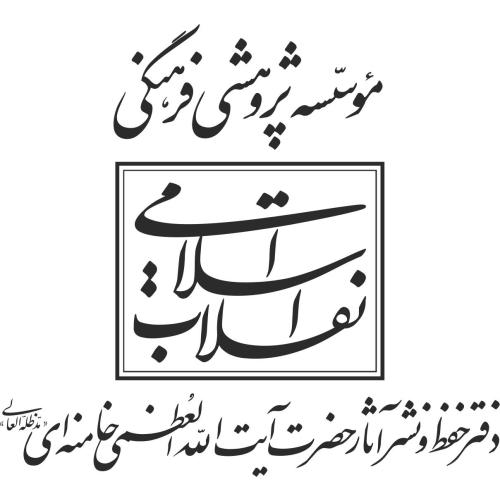
.png)
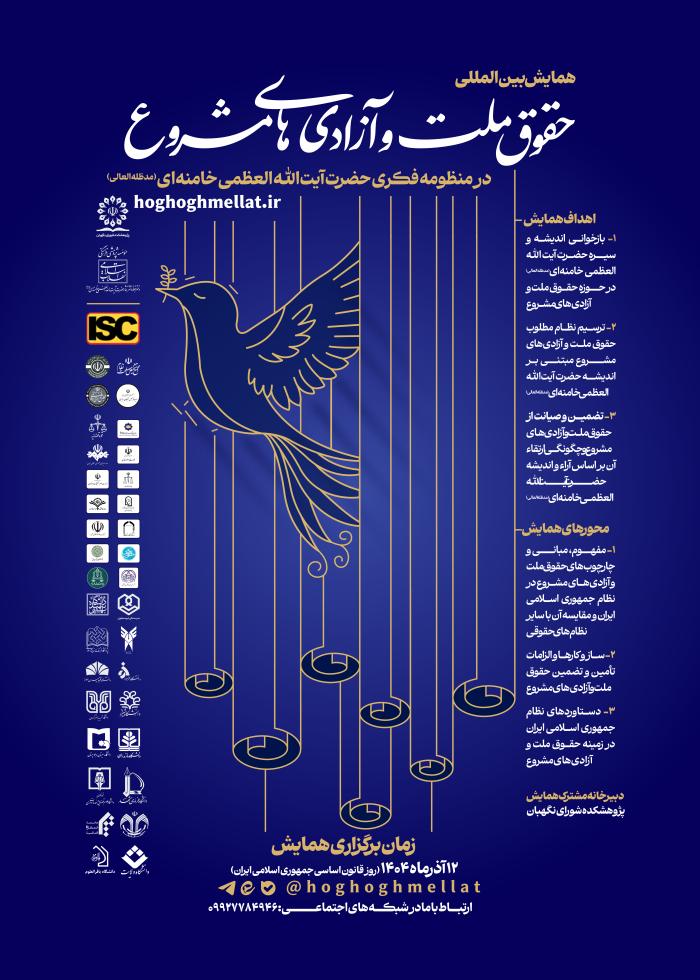
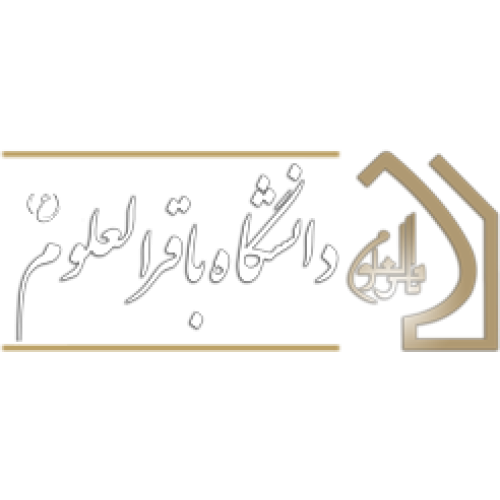
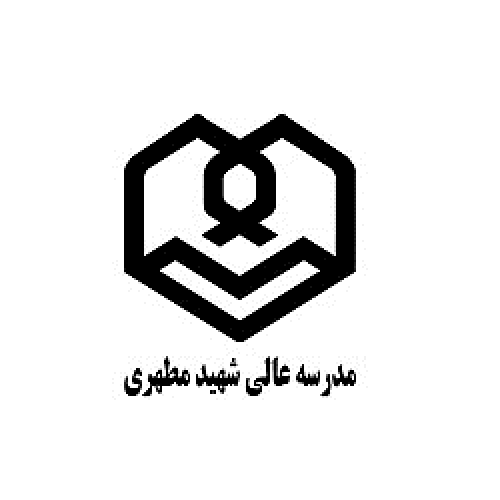
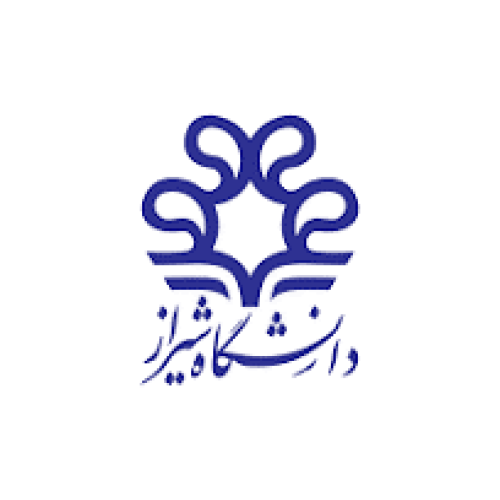
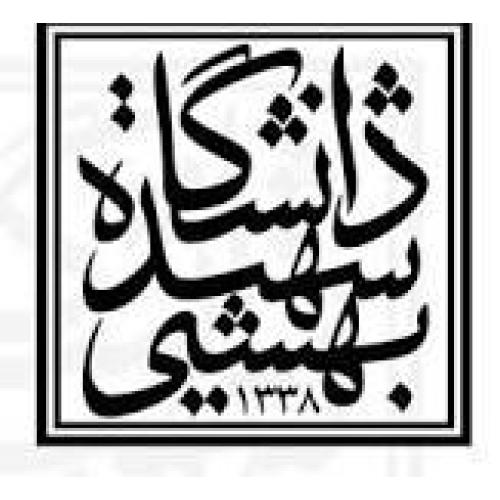
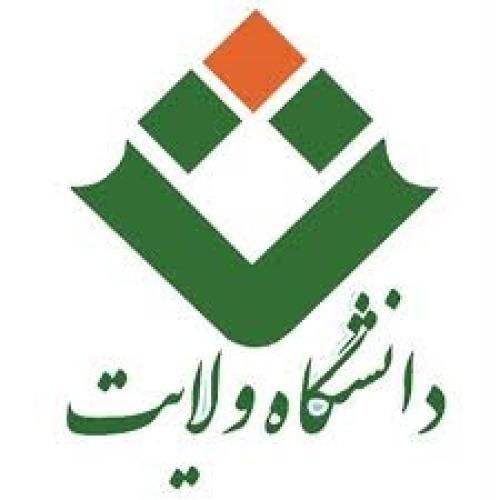
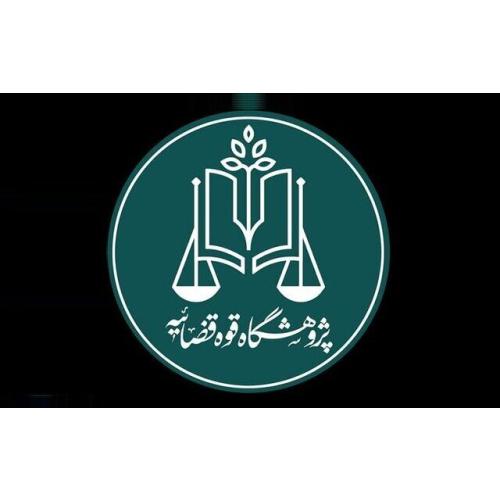
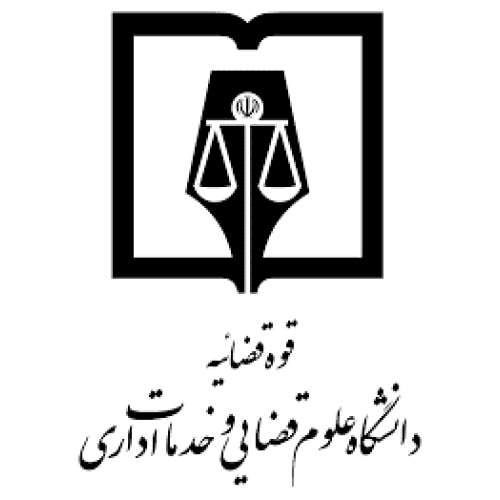
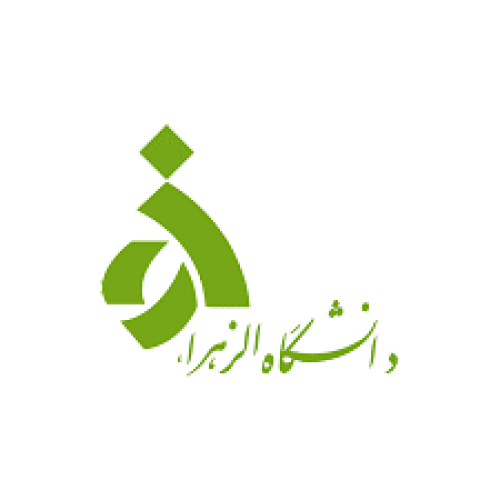
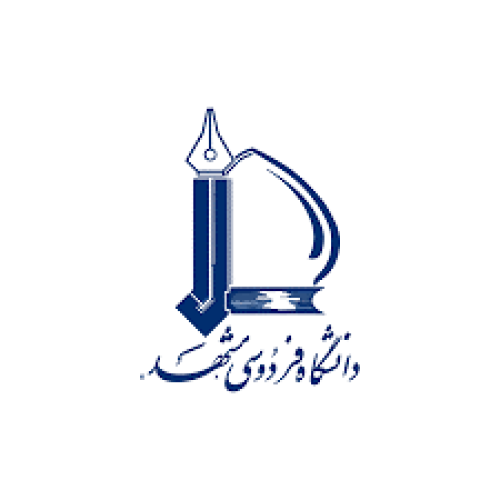
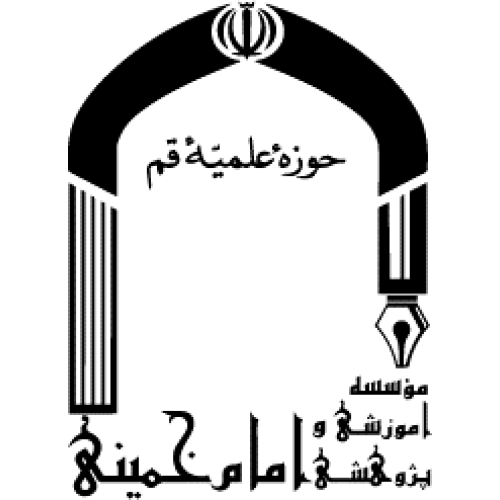
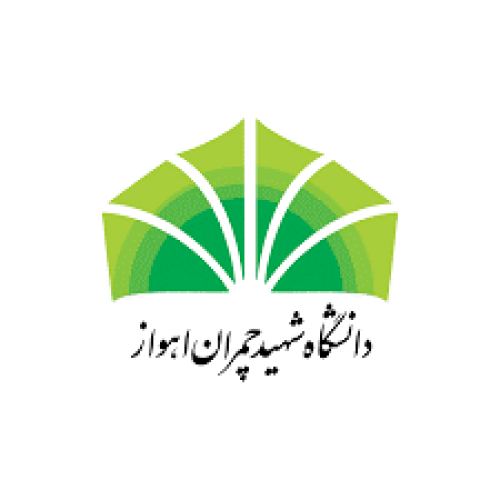
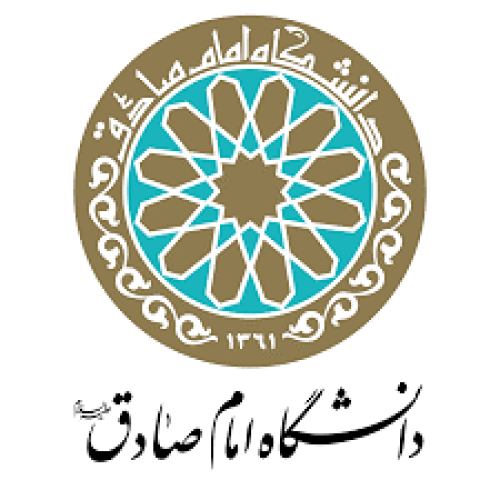
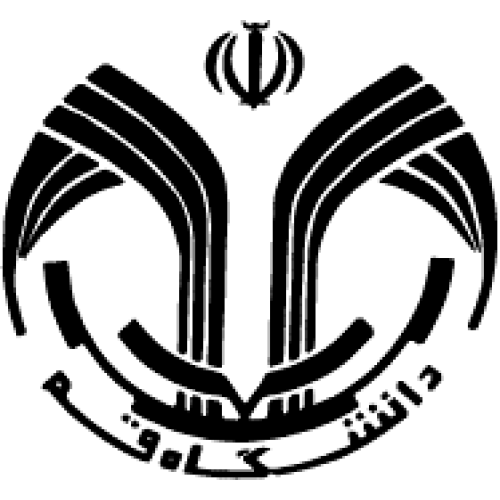
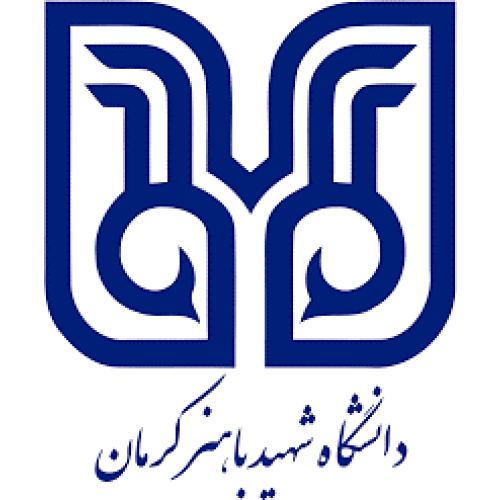
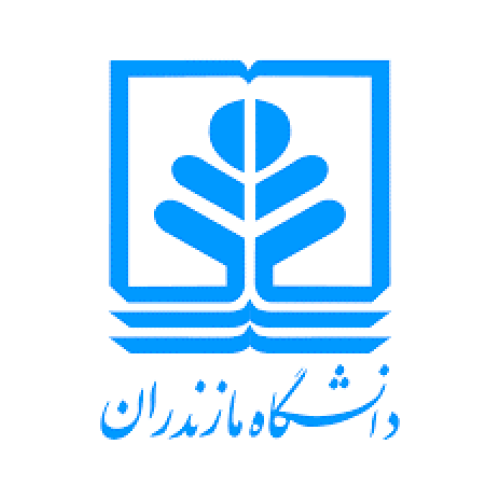
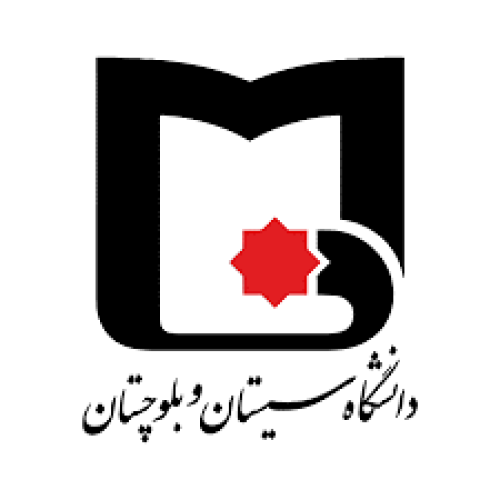
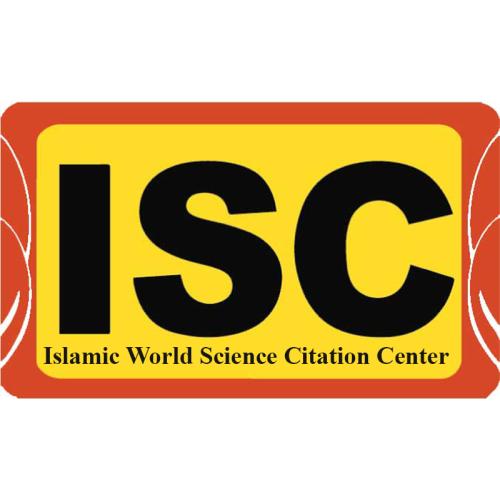
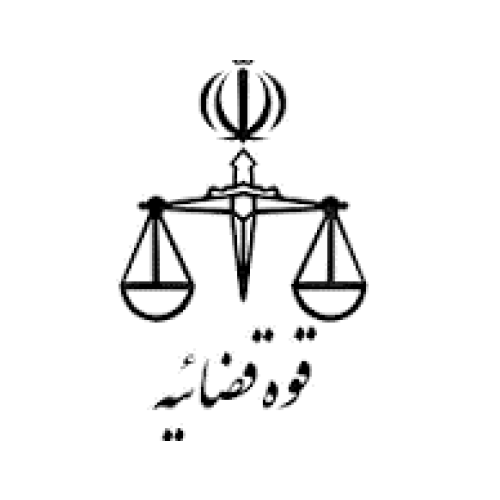
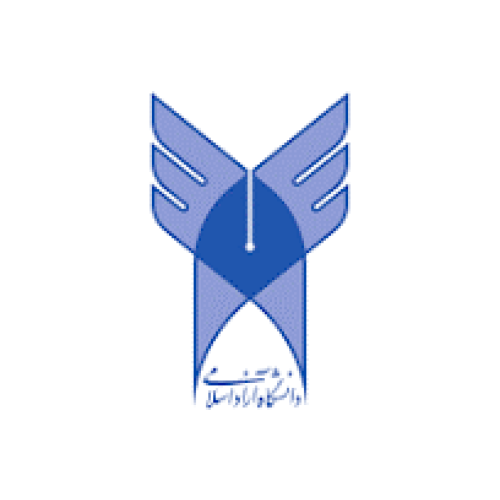
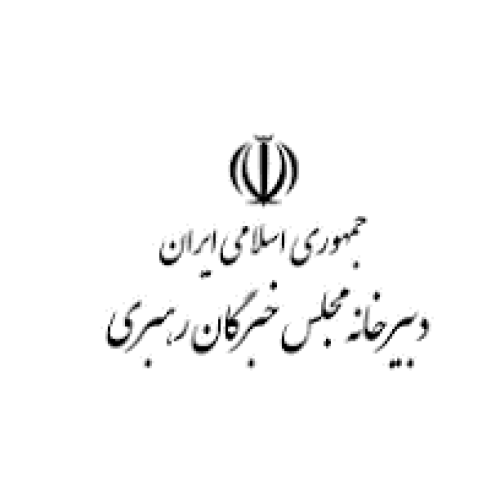
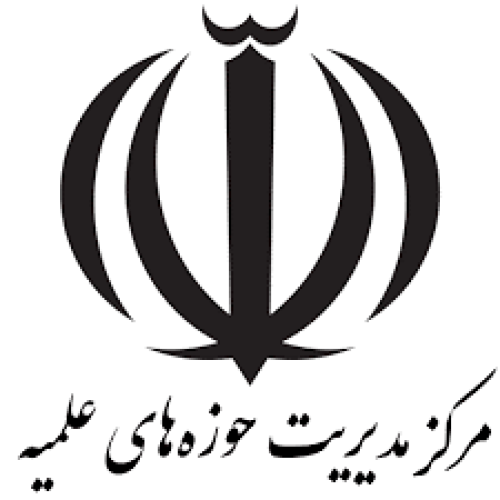
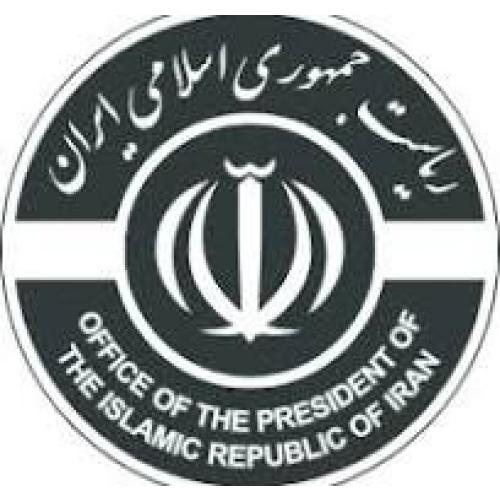
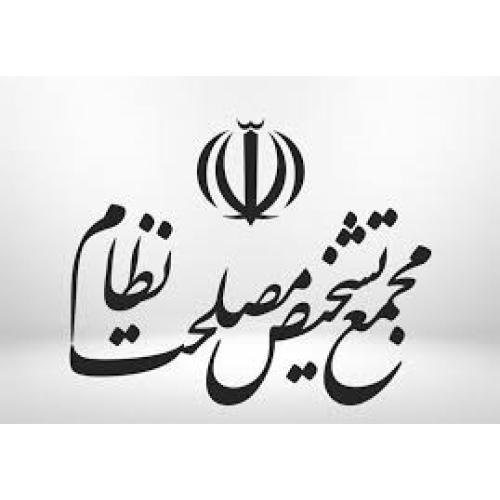
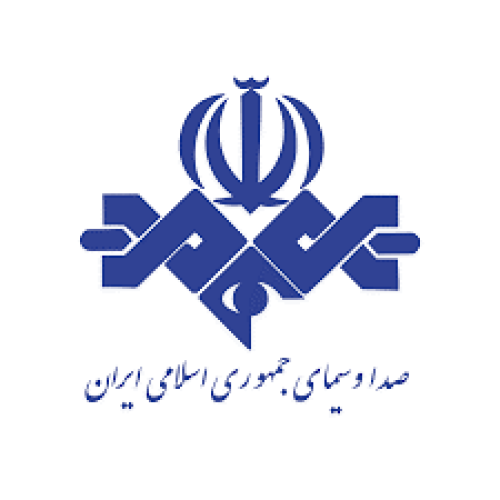
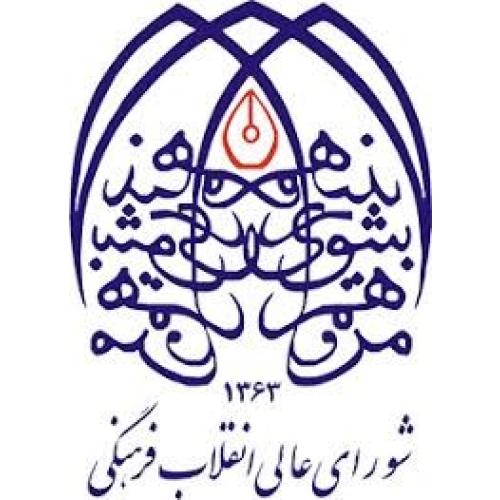
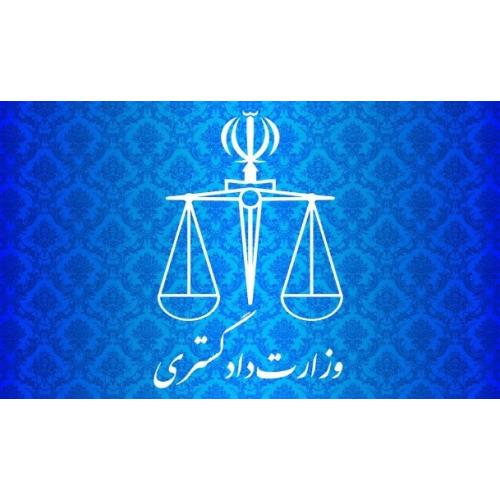
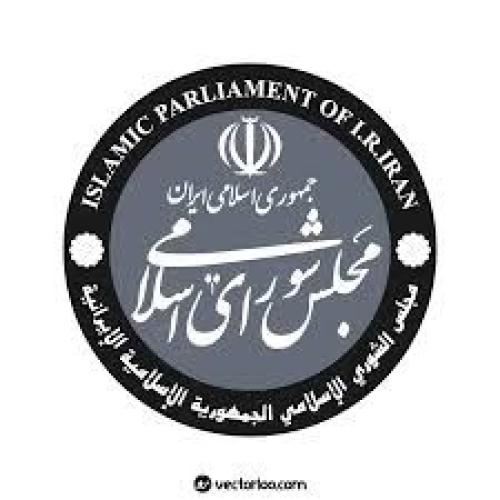
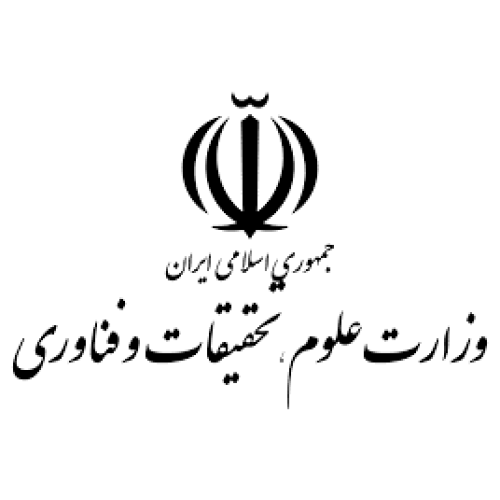
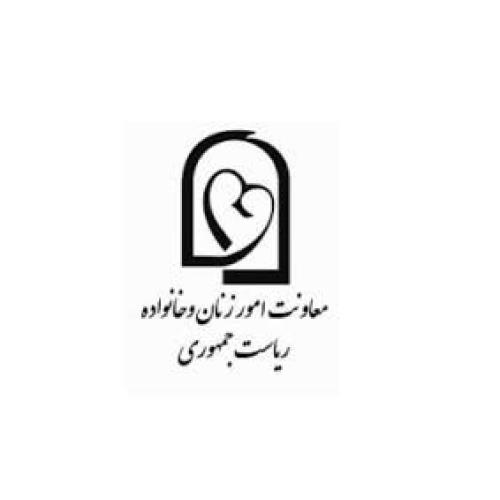
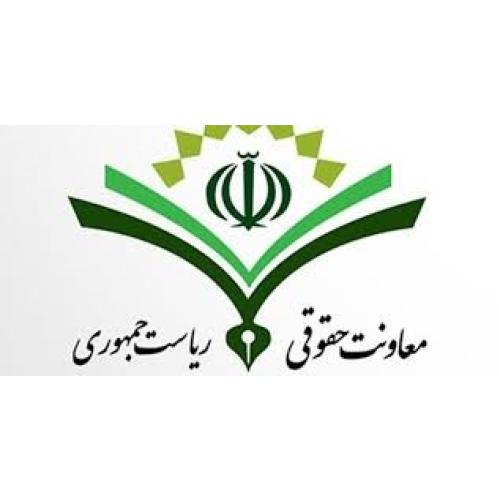
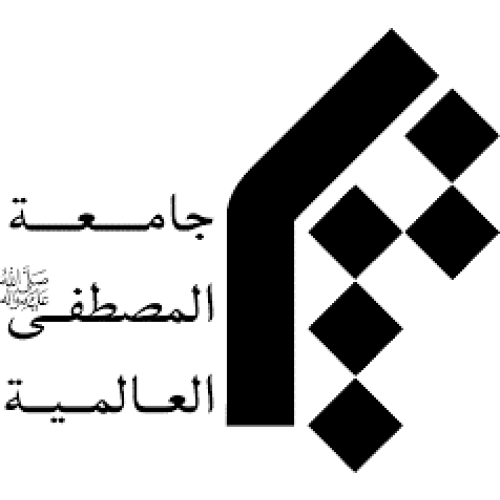
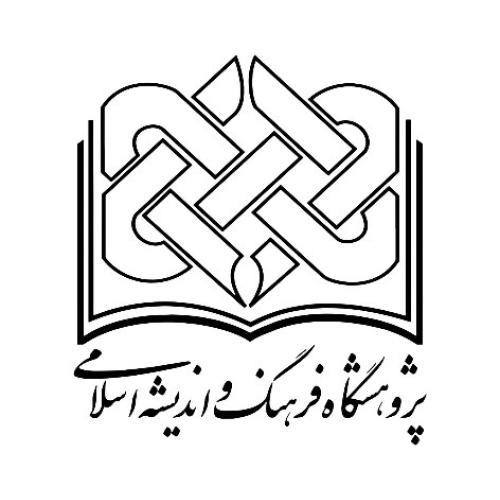
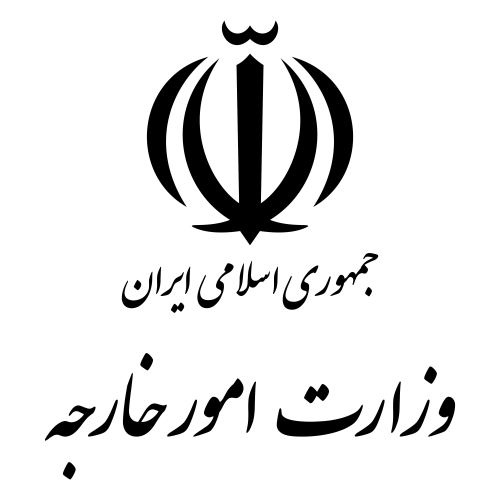
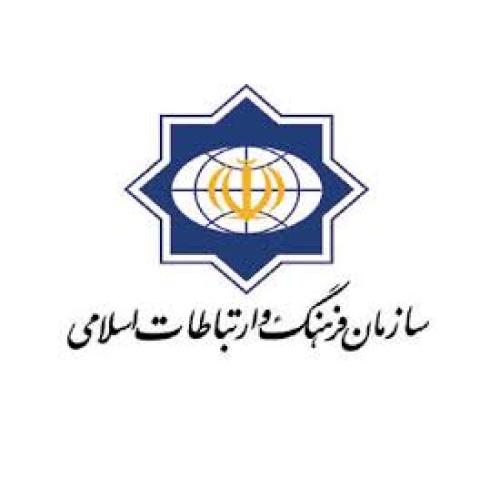
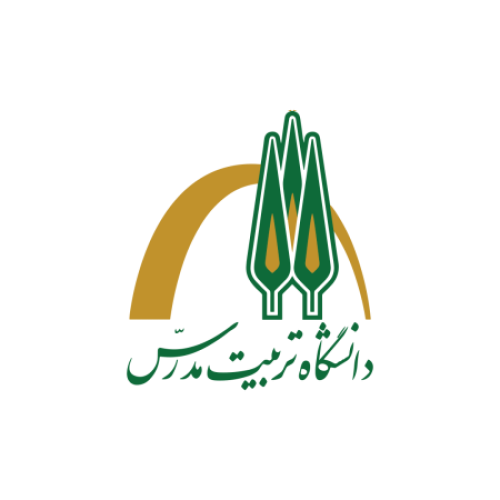
.png)
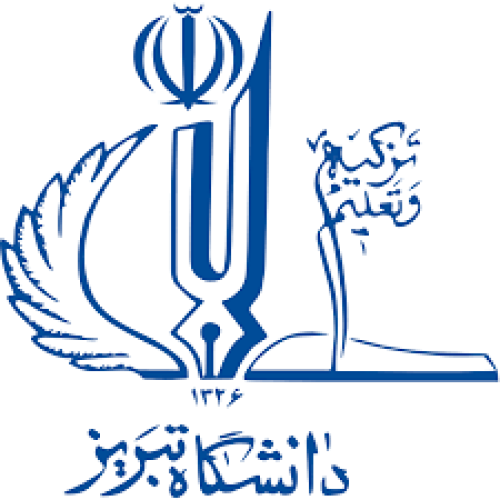
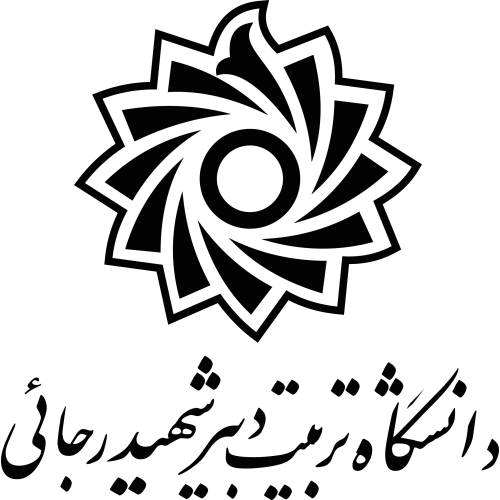
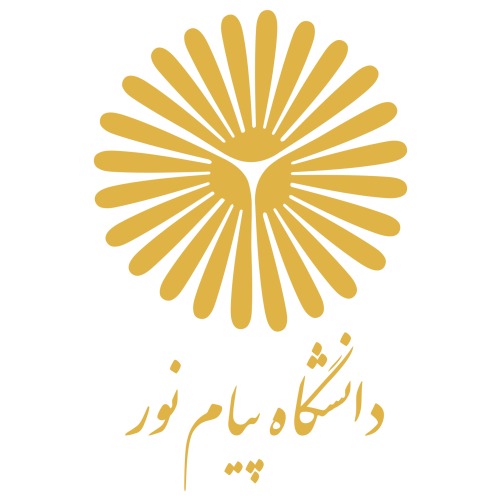
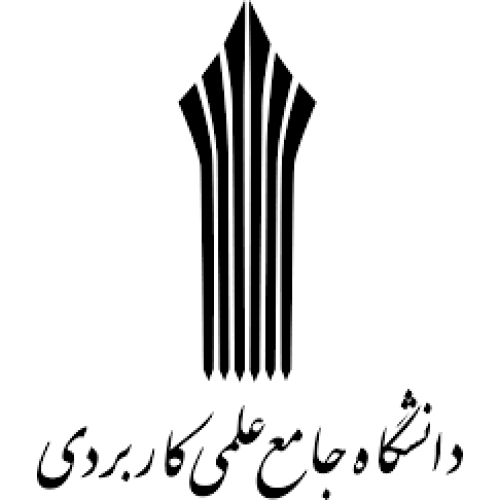
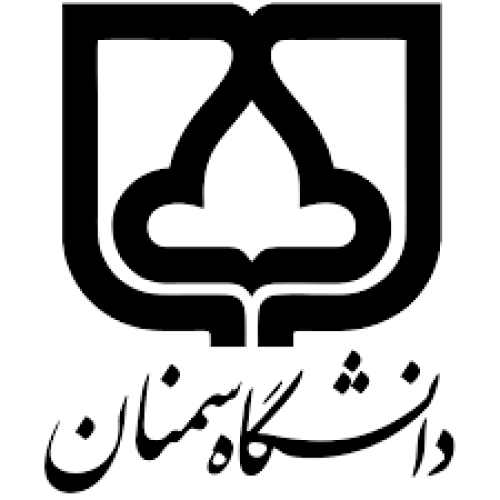
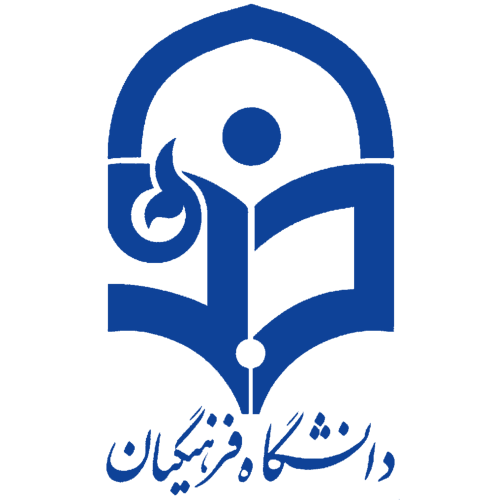
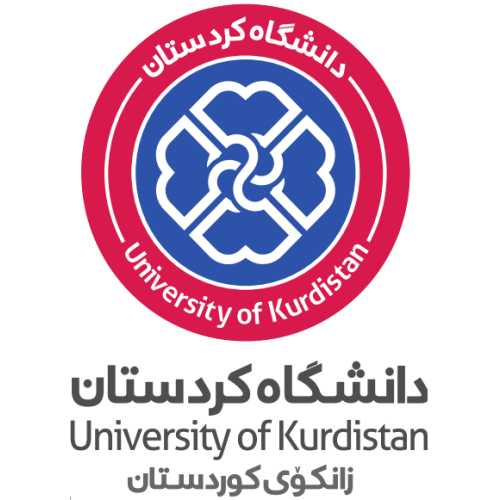
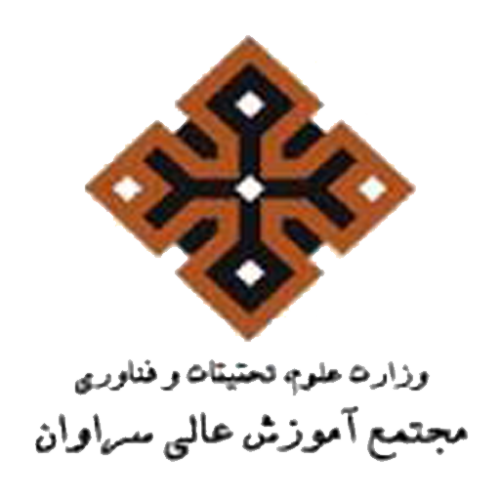
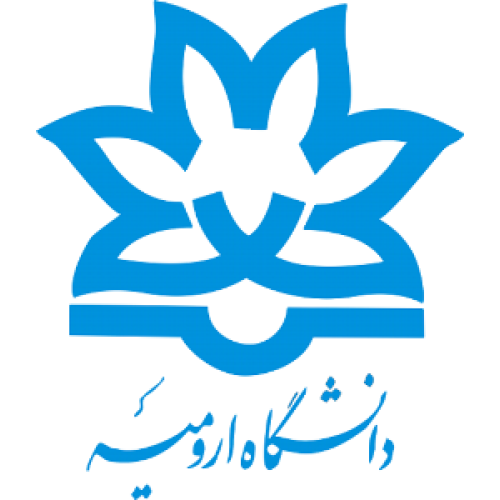
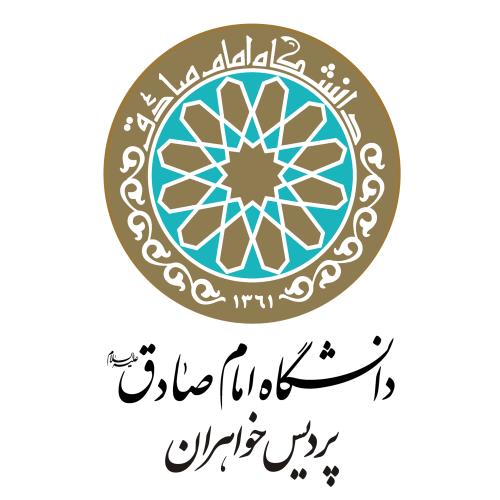
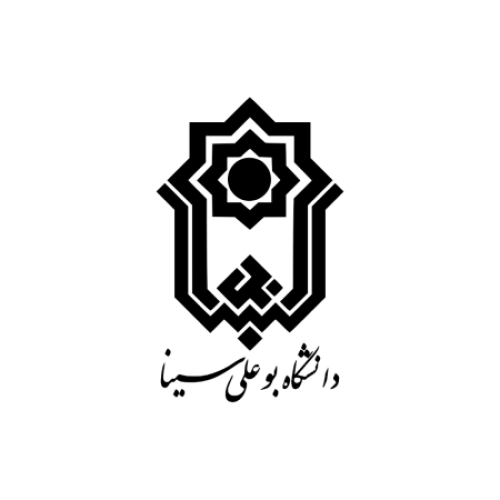
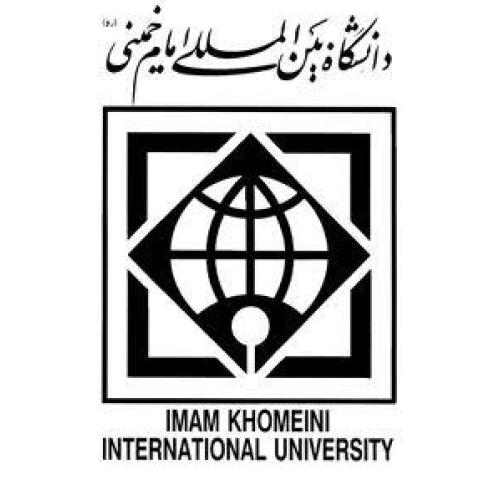
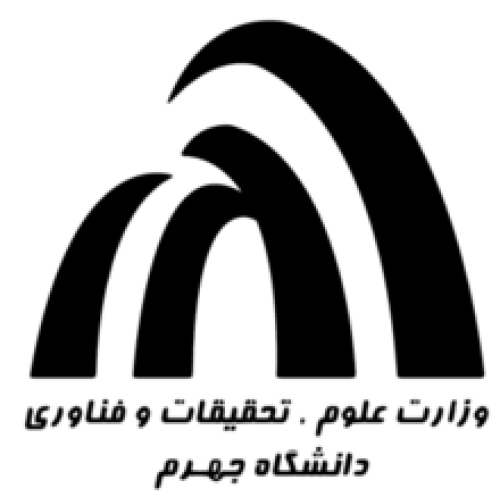
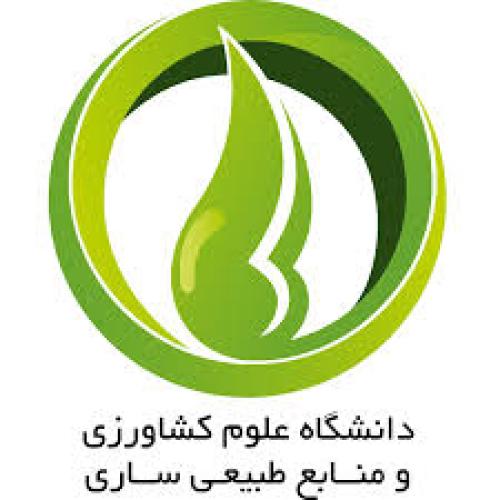
.png)
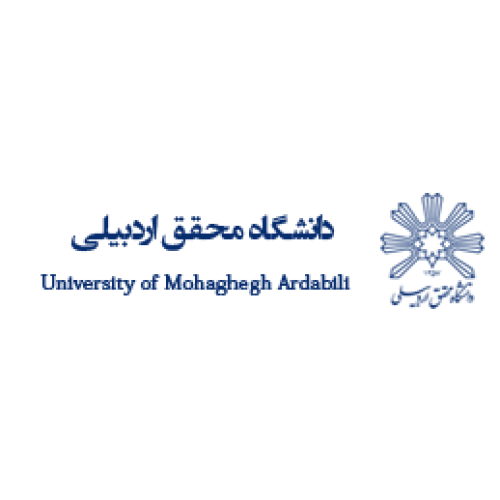
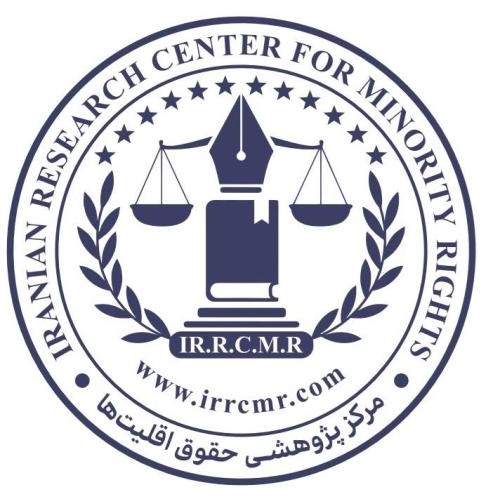
.jpg)
